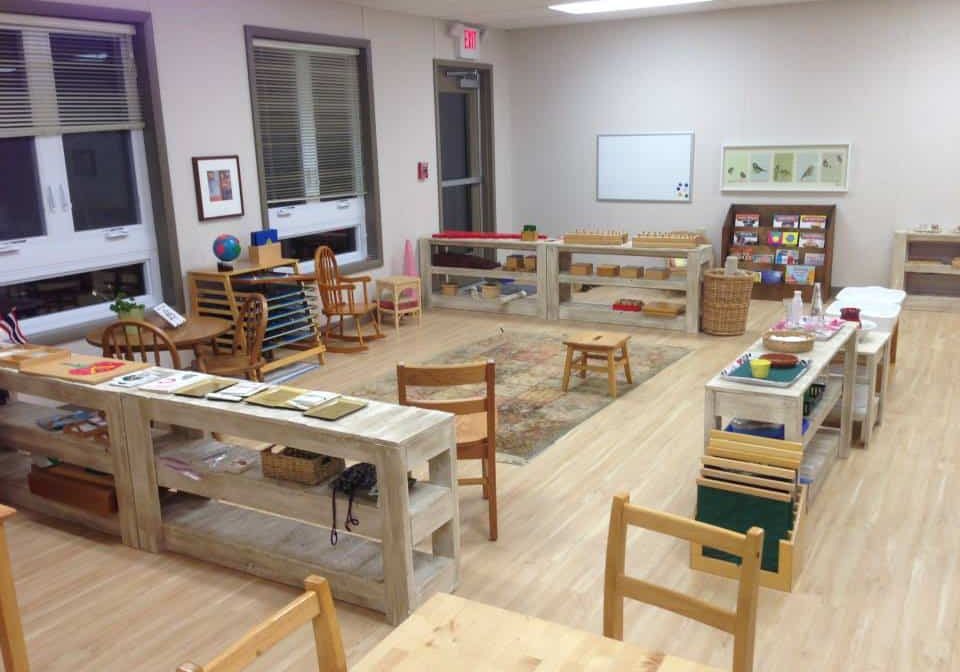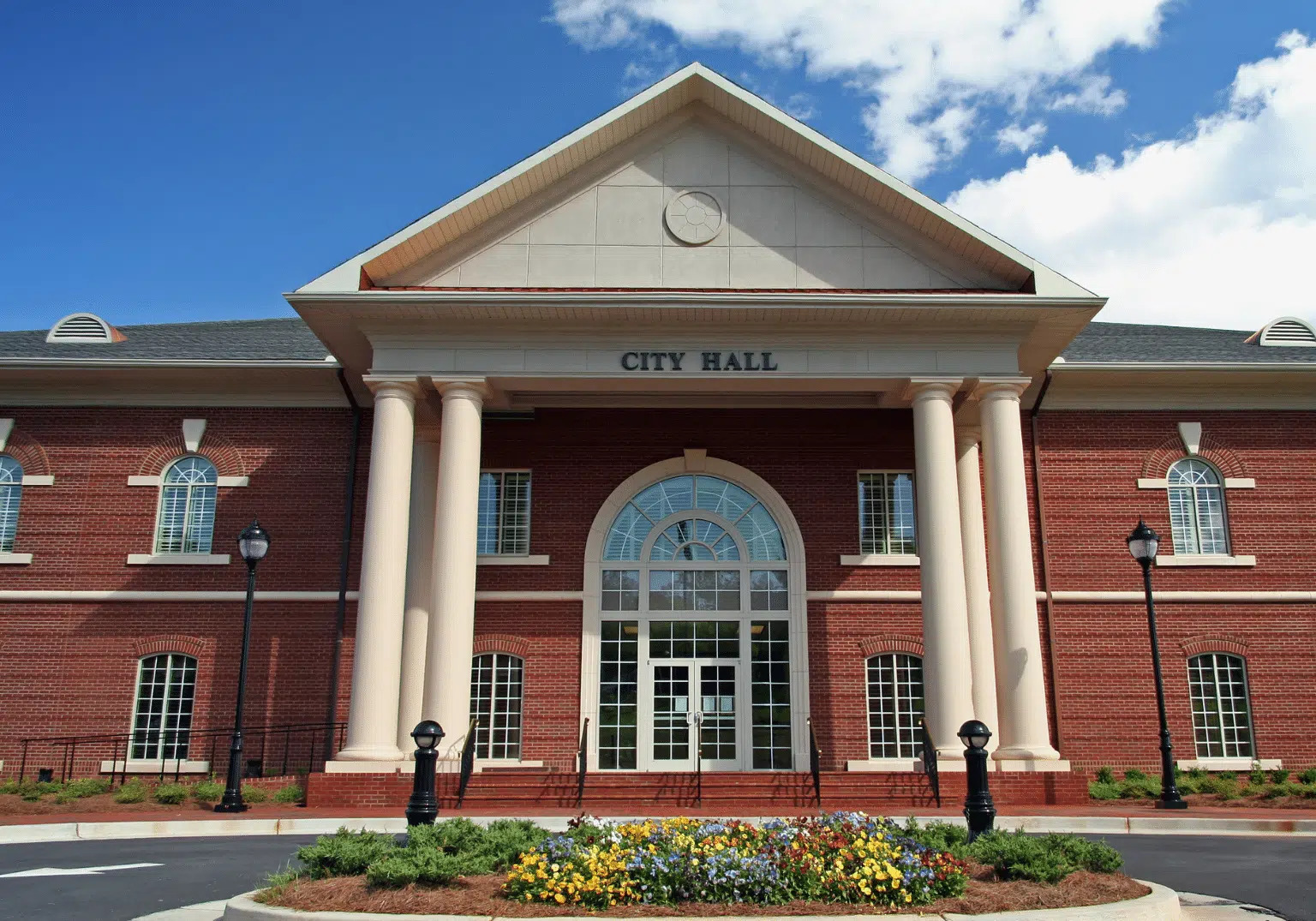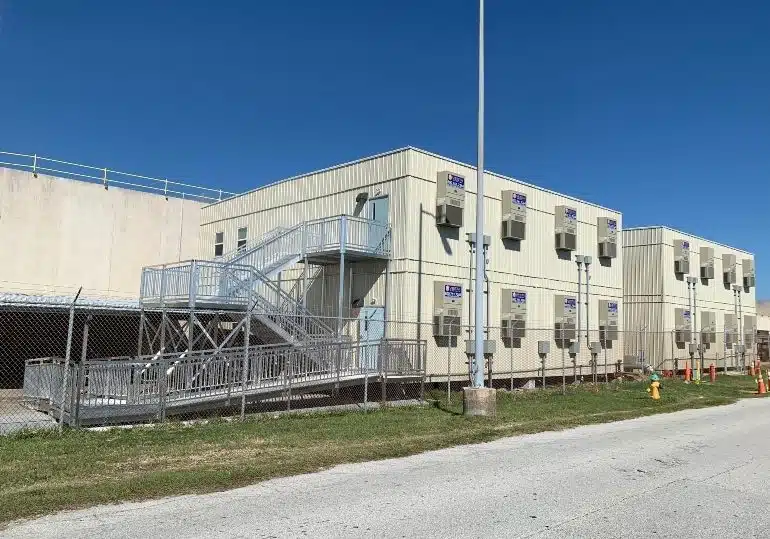What Materials Are Modular Buildings Made Of?
Are you intrigued by the benefits of modular construction, but you’re not sure what building materials go into a modular building? Are they robust enough? Are all modular buildings made of wood? Will these construction materials be strong enough to last a lifetime? Do you need them to last a lifetime?
For the answers to these questions, continue reading for an understanding of which modular construction materials are available to you.
*When we talk about modular construction materials, we’re referring to the bones of the infrastructure. If you’re interested in materials associated with interior and exterior finishings, you’ll be happy to know that those are customizable and completely up to you and your budget.
Modular Construction Materials
In general, there are three common construction materials associated with modular buildings or modular construction modules. These materials are wood, steel, and cement/concrete.
Each type of material has a specific purpose that your modular construction company can recommend to you based on the commercial building type that you need. It’s essential to ask your modular building provider if their manufacturers work with the specific type of material you wish to use. For efficiency and specialization reasons, some manufacturers might only work with one or two of the above materials.
Material #1) Wood Framed Mobile Modular Buildings And Modules
Wood remains one of the most common and useful construction materials. Cost efficiency, weight, and versatility make this a great option for either permanent modular buildings or temporary modular buildings. Used in many parts of modular buildings, a wood-framed module provides several key benefits to its users. Those benefits include:
- Lighter In Weight Than Steel And Concrete
Wood is generally lighter than steel or concrete framed construction, making it easier for carpenters to work with during assembly. - Sustainable And Recyclable
Wood is a sustainable building material, and when appropriately harvested, it can be a significant part of your construction. It's also reusable and environmentally friendly. - Highly Durable
With advancements in technology and engineering, multi-story wood buildings have become a reality. As wood dries, it hardens, increasing the overall strength and durability of a building. - Provides Better Insulation (in 2 Ways)
Wood is better at insulating than steel or concrete, helping save on energy bills. It also provides better insulation from electrical shocks.
Material #2) Mobile Modular Buildings Made From Steel
Steel or Metal framed buildings are another popular modular construction option. Often associated with larger building projects and buildings that require a longer lifespan, steel has some significant advantages:
- Fire Resistance Of Steel Modular Buildings
Steel-frame buildings are noncombustible, creating a safer space and potentially limiting fire damage. - Steel Is A Shapeable Material
Steel can be used in modular construction to provide durability to unique shapes, offering more customization options. - Very Durable And Long Lasting
Steel is known for its strength, making it ideal for tall commercial construction projects. With proper protection, it can last a long time and withstand severe weather conditions. - Easy To Tare Down And Transport
Steel modules can be conveniently dismounted from one another, making modifications or additions easier.
Material #3) Using Concrete In Mobile Modular Building Construction
Concrete, while more associated with traditional onsite building techniques, has a unique place in modular buildings. Reinforced with the appropriate fiber and steel, these buildings are generally best for permanent modular construction:
- Make Great Utility Buildings
Concrete buildings are ideal for utility or outdoor buildings, such as school sporting event restrooms or team rooms. - Concrete Buildings Are Solid
Concrete modular buildings are robust and durable. They often combine with steel or wood for a comprehensive structural framework.
Want To Learn More About The Materials That Go Into Mobile Modular Construction Projects?
Consult Mobile Modular on your next commercial construction endeavor. As one of the country’s leading commercial general contractors, our award-winning team would be happy to help you build your new space. Select the Request a Quote or Contact Us to get started, today!





